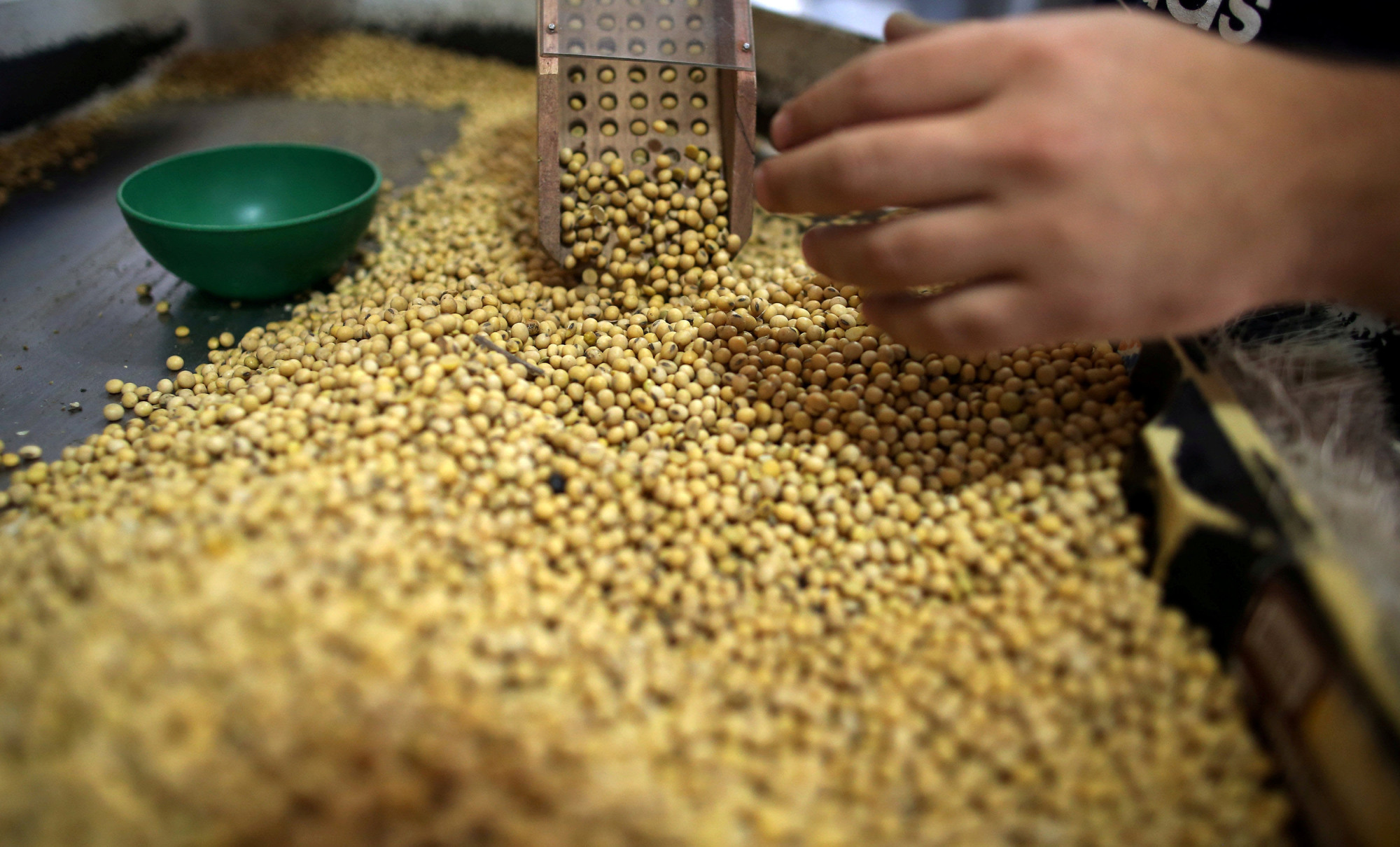A new process that adjusts the way plants turn sunlight into energy could boost the yields of many staple crops by 40 percent, potentially feeding hundreds of millions more people, American researchers said Thursday.
Crops such as rice, wheat and soybeans, as well as fruits and vegetables, have a natural "glitch" in the way they photosynthesize that causes them to use up energy and resources.
"The annual loss in production from wheat and soybean in Midwestern United States ... is enough to feed roughly 200 million more people from this area alone," said Paul South, a molecular biologist and lead author of a report in the journal Science.



